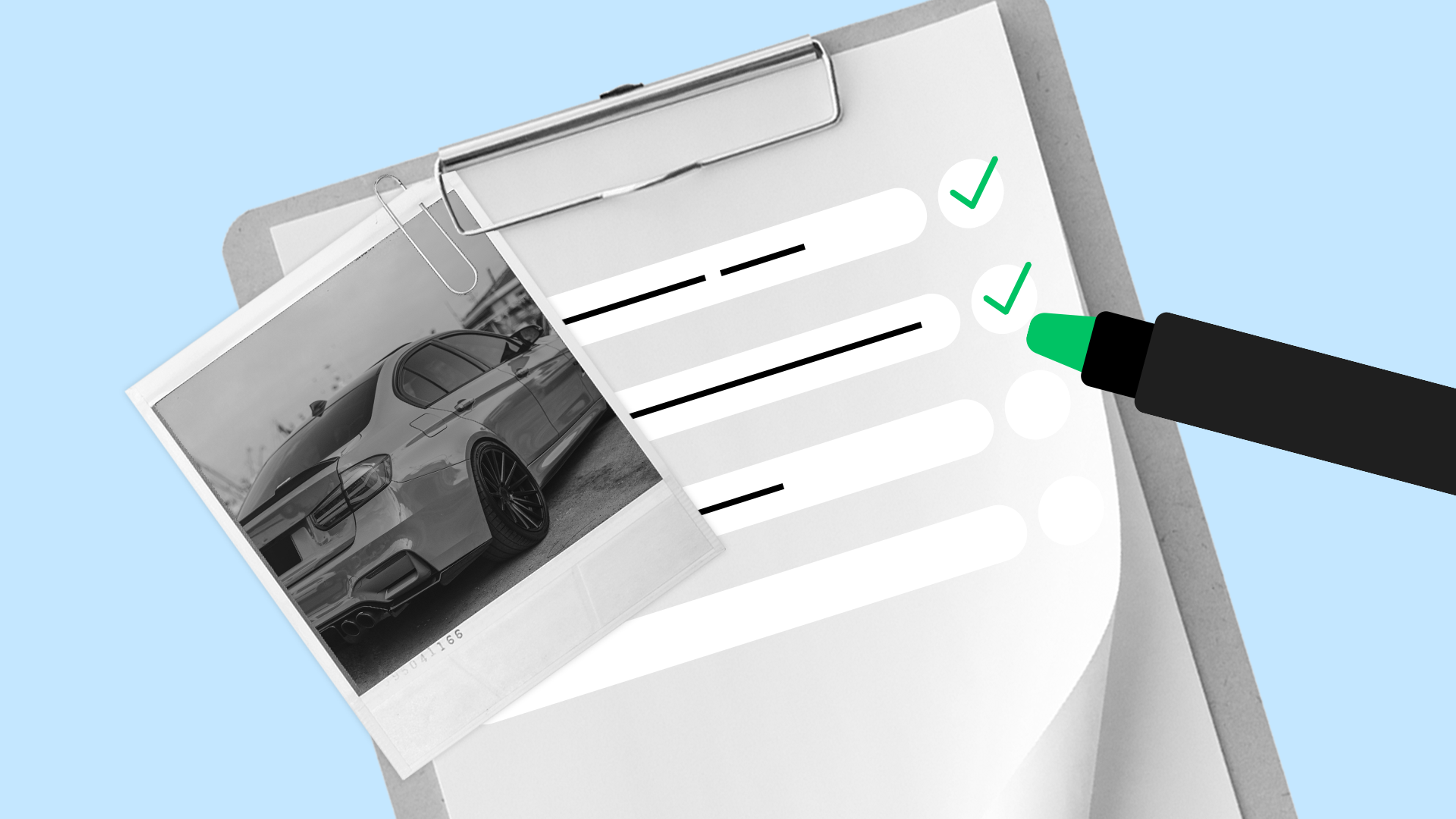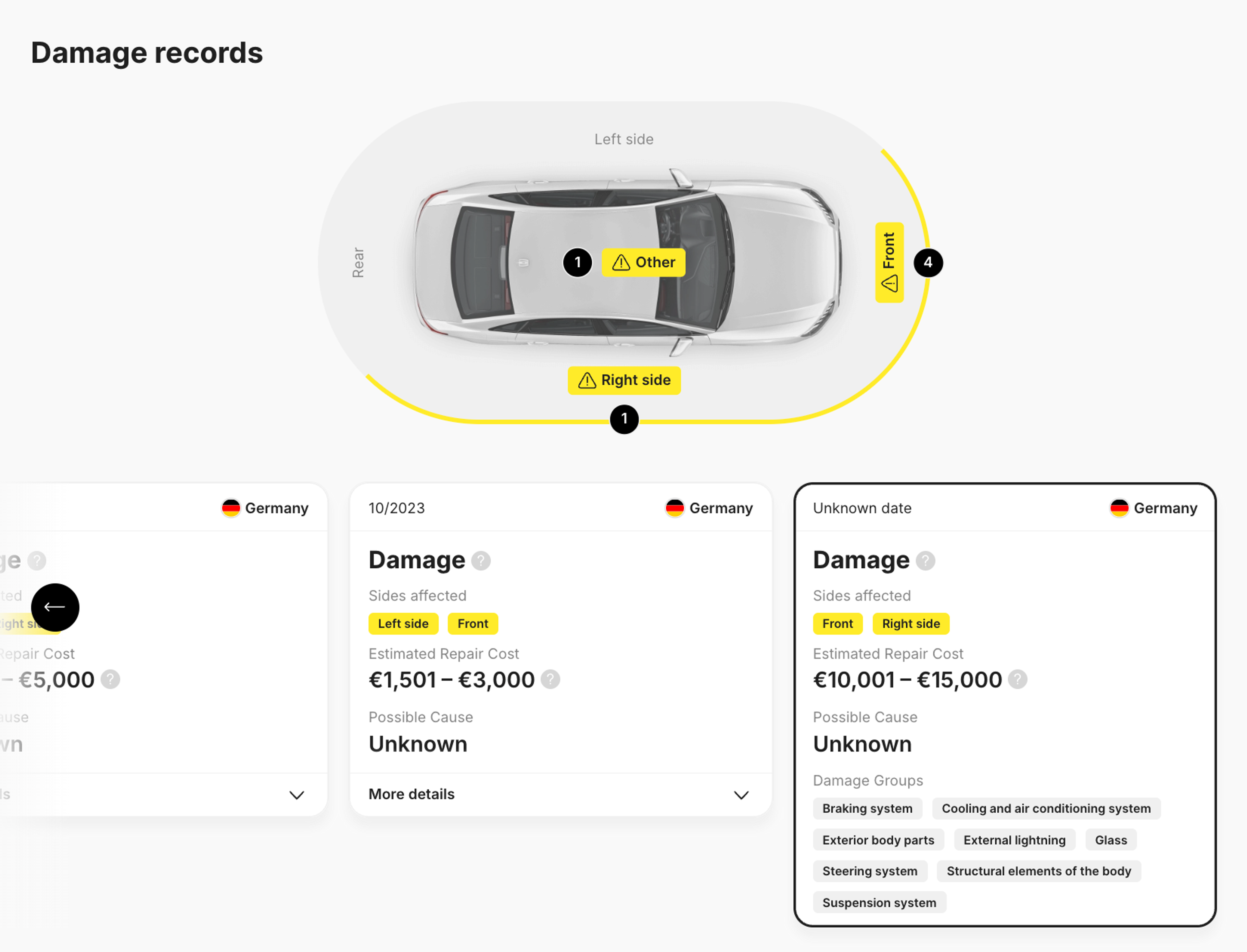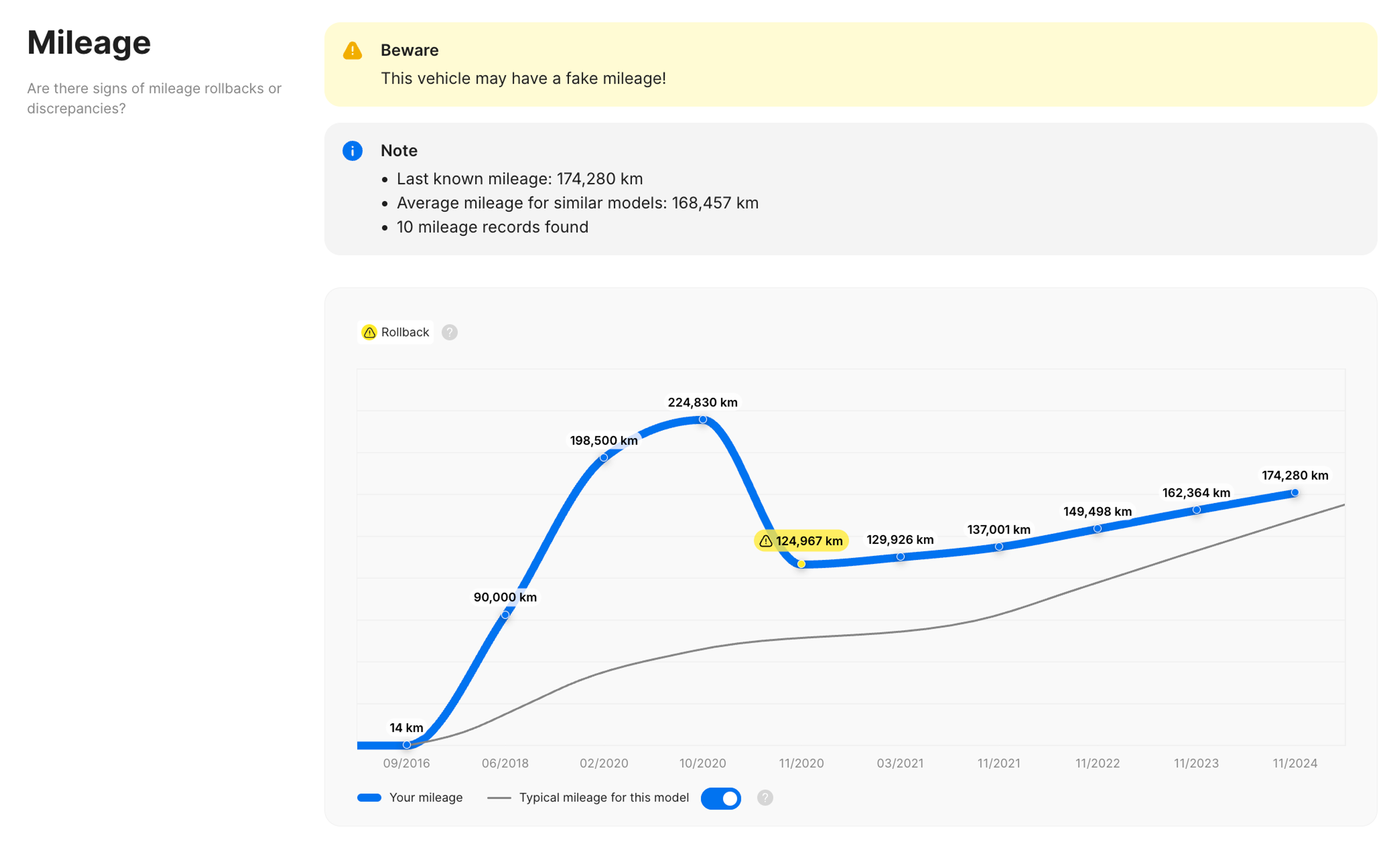08/08/2025
Avoid costly mistakes: Key questions to ask when buying a used car

Buying a used car in Ireland can feel like a bit of a lottery. While you dream you’ll find something reliable, you don’t want a car spending more time at the garage than being driven. Often, the only way to tell between a bargain and a money drain is careful research.
With the right questions to ask when buying a second hand car, you can uncover problems, get something to negotiate with, and boost your confidence. In this article, we’ll walk you through the essential questions to ask any car seller and what their answers can reveal.
1. Why are you selling the car?
This is the perfect opening question. You’re not trying to catch the seller in a lie, but you are trying to get a feel for the situation. Are they selling because their family has grown and they need a bigger car? Or are they offloading it just before a major, expensive fault becomes obvious?
Listen carefully to what they say and check the seller's body language. If they give a logical reason like, "I've got a company car now", it could indicate truthfulness. On the other hand, a vague story or an unlikely set of events may mean they're not giving the big picture.
2. Is a full service history or maintenance records available?
It’s important to always ask for the paperwork. Service receipts and a stamped logbook are great signs that the car has been well maintained. It also means the previous owner took care with oil changes, timing belt replacements, and regular check-ups.
A missing service history isn’t just a lack of information – it’s a red flag. It could be hiding skipped services, neglected repairs, or even accident damage that was fixed on the cheap.
3. Any known mechanical or electrical problems I should know about?
This is your chance to be direct. Don't just ask if "everything is alright" – you need to get into the nitty-gritty.
Ask them straight out: Are there any warning lights on the dash? Have they noticed any funny noises from the engine when it's starting up or on the move? As for the brakes, any squeaks or shudders? Check the air-con, too, as the last thing you want is to be stuck in traffic on a sunny day.
Even things that look minor, electric window switches, or a sensor that’s acting up, could be serious. Little annoyances can sometimes point to a much larger, far more expensive, electrical fault brewing under the surface.
4. Has it ever been in a crash or taken a bad knock?

This is a big one, probably the most important question you can ask when you’re buying a used car. A previous accident, especially one that was patched up on the cheap and never declared to the insurance, can open a whole can of worms. You could be looking at long-term structural problems, rust creeping in where you can't see it, and serious safety compromises.
If the owner says "yes," it's time for a few follow-up questions. Where was the damage? Was it a proper garage that fixed it, and do they have the paperwork to prove it? Did they use genuine parts from the manufacturer? A little scrape in a car park is one thing, but if the car’s chassis has been damaged, you should walk away. That's a deal-breaker, full stop.
5. What is the current mileage, and is it genuine?
While low mileage doesn’t automatically mean a car is in perfect condition, excessive mileage means more wear and tear. More importantly, you need to watch out for suspiciously low mileage.
Odometer fraud, or "clocking", is a serious issue in Ireland, especially with imported vehicles. Even while selling a "clocked" car is an offence, there’s no specific law that criminalises altering an odometer, leaving Irish consumers at risk.
Asking this question directly puts the seller on the spot. Their answer gives you a figure to verify, which is a crucial step we’ll cover next.
6. How long have you owned the car, and how many previous owners has it had?
This two-part question helps you build a picture of the car’s life story. If the current owner has only had it for a few months, you need to know why they're selling so soon. It could be that they discovered a persistent problem they don't want to deal with.
A car that has had many owners in a short period is often a bad sign. Fewer owners over a longer period usually suggests a more stable and reliable vehicle.
7. Can I check the car’s history, or do you have a vehicle history report?
This is where you move from trusting the seller to verifying the facts. If the seller is hesitant or doesn't have a history report, you should get one yourself. This is where carVertical comes in.

A vehicle history report is your best defence against hidden problems. It can verify the seller’s claims and check for things they might not have mentioned, including:
- Accident history
- Mileage rollbacks
- Theft records
- Historical photos, and more
It's a simple, powerful tool that gives you the full story, not just the seller's version.
8. What’s the NCT status, and when is it due again?
When buying a car in Ireland, the NCT (National Car Test) is critical. A valid NCT certificate means the car met the minimum legal roadworthiness and environmental standards on the day it was tested.
If the next test is looming, you’ll need to budget for potential repairs to get it to pass. If the NCT has expired, that's a major red flag. It either means the owner couldn’t be bothered to get it tested, or they know it will fail.
9. So, what about a test drive and getting it checked out?
This is critical. If the seller gets funny about you taking it for a proper spin or letting a mechanic look it over, you just smile, say "no worries," and walk away. Seriously. It’s the biggest red flag there is.
A test drive isn’t just a quick lap around the estate; that tells you absolutely nothing. This is your chance to see how the car really behaves. You need to get it out on the open road for at least twenty minutes. See if it feels steady on a dual carriageway and listen for any whines or shakes. More importantly, take it down some rougher local roads. While you’re driving, check everything; the heat, the air-con, the windows, the radio. Make sure it all works as it should.
And the mechanic’s inspection? Don’t even think about skipping it. It’s the best money you’ll ever spend. They have the gear and the experience to spot the dodgy repairs and hidden problems you’d never catch.
This is especially true for checking rust. Salty air poses a serious corrosion risk. While a small bubble of rust on a wheel arch might be cosmetic, serious underbody rust is an expensive failure waiting to happen. A mechanic can tell you what you’re dealing with, and a seller who’s got nothing to hide will have no issue with bringing one in.
10. Is there anything else I need to know?
This simple, open-ended question is surprisingly effective. It gives an honest seller a chance to mention something they might have forgotten, like a known quirk or a minor issue. For a less honest seller, it can cause a bit of a panic. How they answer this final question can tell you a lot about their transparency and your potential purchase.
Bonus: Seller answers and behaviours: What they might mean
The conversation itself is a key part of what to check when buying a second hand car. The table below can help you read between the lines.
Seller answer/behaviour | What it might mean |
“I lost the service book, but I’ve done everything” | 🚩 May be hiding skipped maintenance or DIY shortcuts |
“It had a small accident, nothing serious” | 🚩 Downplaying possible structural or safety damage |
“You don’t need a test drive – it runs fine” | 🚩 Avoiding scrutiny, possible major issues ahead |
“I just got the car recently” | 🚩 Could be flipping it to avoid dealing with known faults |
“It’s been in the family for years” | ✅ Consistent ownership, potentially well looked after |
Hesitates when asked why they’re selling | 🚩 Avoiding the real reason, possible problem with the car |
Offers a VIN / chassis number report proactively | ✅ Transparent, confident about the car’s history |
Avoids discussing mileage or says “It’s just a number” | 🚩 Possible odometer rollback or wear mismatch |
“It passed the NCT last week” + shows document | ✅ Recent inspection proof, could reduce short-term costs |
Pushes for quick sale, “I have other buyers” | 🚩 High-pressure tactic to avoid deeper inspection |
“I’ve always serviced it at a dealership” | ✅ Likely traceable records, more trustworthy |
“My mechanic says it’s perfect” but won’t allow inspection | 🚩 Unverified claims, unwilling to be checked independently |
Calm and open when asked hard questions | ✅ Suggests honesty and confidence in the car’s condition |
Nervous or annoyed when questioned | 🚩 Could indicate defensiveness or hidden problems |
Says “Take it or leave it” when negotiating | 🚩 Not open to discussion, possibly hiding issues |
The simple truth is you can't afford to be naive. When you're looking at a used car, you have to be the one who's willing to poke around and question everything you see and hear.
Ask all the questions discussed here. But then, crucially, you’ve got to just stand back and listen to your gut. That little feeling in your stomach when a deal seems too sweet or the seller is a bit shifty? That’s your alarm bell. Don’t ignore it. Be ready to just say "Sound, thanks anyway" and walk. There will always be another car.
A history report is what essentially backs up your suspicions. It’s the one piece of paper that can’t tell a fib, showing you the history that the seller might be conveniently forgetting to mention. It's also your only real defence against buying someone else's problem.
Check your VIN
Avoid costly problems by checking a vehicle's history. Get a report instantly!
